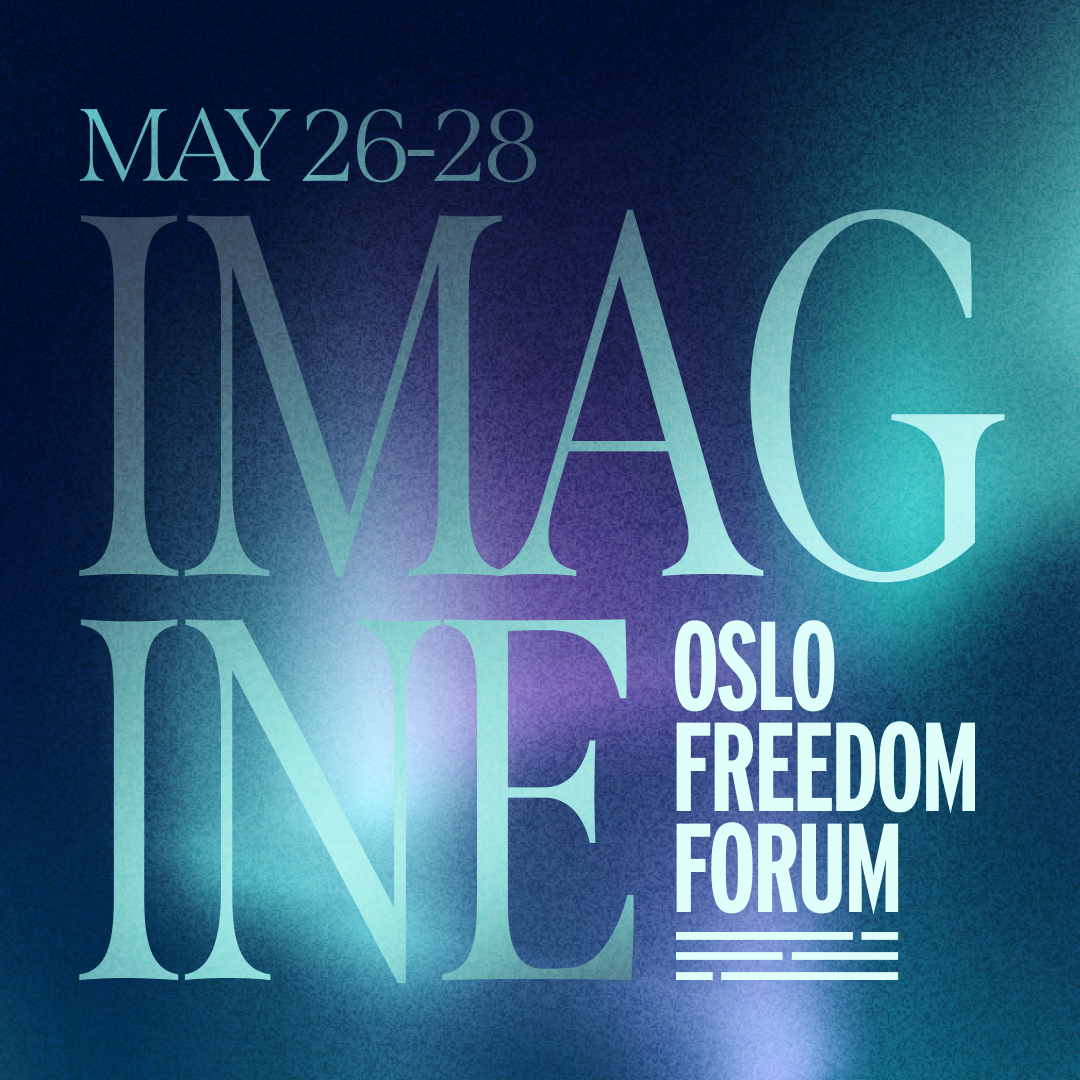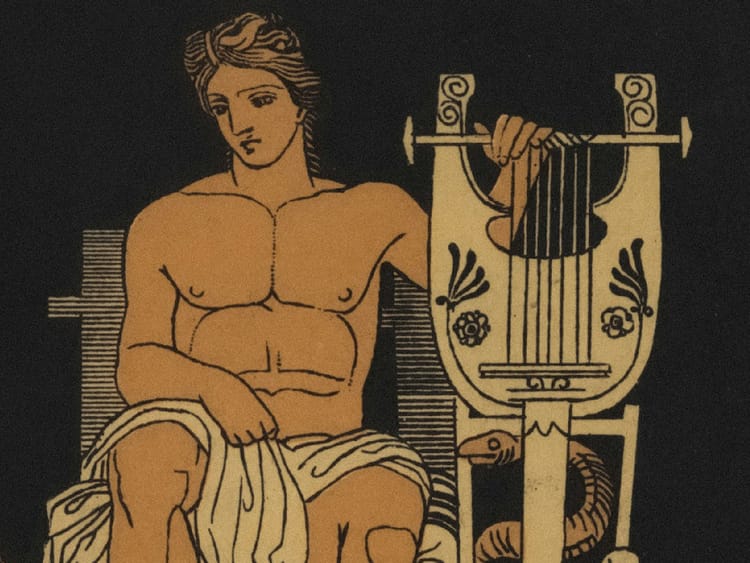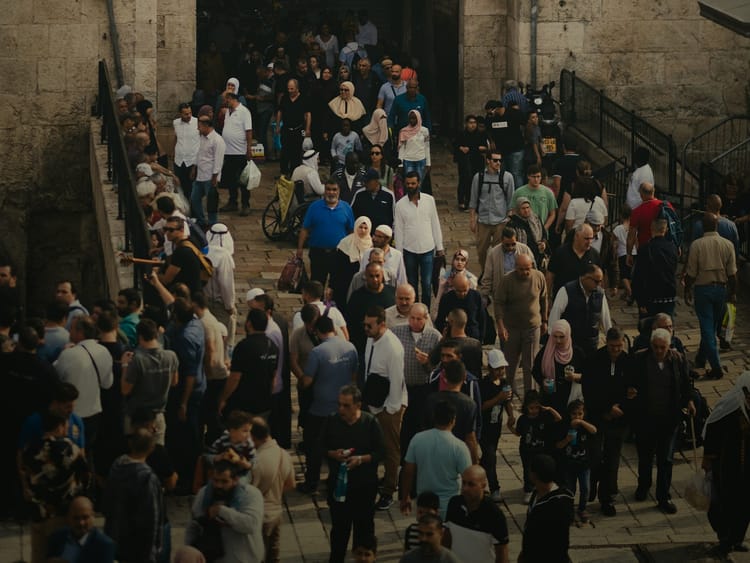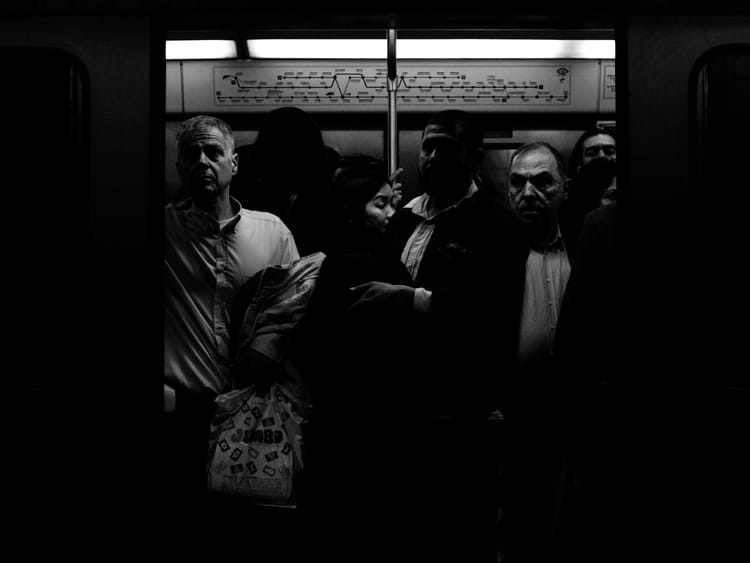Do you know corruption when you see it?

Recently in The Signal: How can Russia still be Europe’s biggest natural-gas supplier? Nicholas Kumleben on the Continent’s bad bet on a decades-long economic relationship with the Kremlin.
Today—from our new print extra, Altered States: What exactly is the problem with corruption? Justin Callais on what it does to an economy.
+ Why are big Chinese banks raising the enormous sum of US$72 billion in new capital?
& new music from DJ Python.
First: what we’re tracking for this week’s member’s despatch …
Stocks keep falling around the world
Markets fell hard again on Monday, after U.S. President Donald Trump’s new round of global tariffs went into effect over the weekend.
- U.S. stock markets rose and fell wildly, rising after a report that Trump might pause the tariffs and then falling after the report was debunked—with the Dow Jones stock index ending the day down by almost 1 percent.
- Asian and European stock markets dropped even more; the biggest European markets were down by more than 4 percent for the day; and major Asian markets were down by around 10 percent.
What’s happening?
- Trump threatened to impose a new tariff of 50 percent on all Chinese imports if Beijing doesn’t rescind the 34-percent duty it put on U.S. imports in retaliation for Trump’s tariffs.
- EU officials say they’d offered a Washington a deal to remove all tariffs on U.S. goods in exchange for Trump not putting tariffs on European imports. They say the offer still stands—but they’ll impose tariffs on U.S. imports next week if nothing changes.
- Britain’s Prime Minister Keir Starmer says his government will “step up” and offer financial help to key domestic industries.
- The price of oil fell again and is now down 15 percent since Trump announced the tariffs last Wednesday.
- Prices of copper and other commodities also fell, as traders hedged against lower demand in case of a global recession.
More and more, business leaders, including the heads of major banks and investment funds, are speaking out against the tariffs. Even some of Trump’s closest supporters are questioning them: Elon Musk, in his capacity as a White House official, says he hopes for tariff-free trading between the U.S. and Europe, and he questioned the thinking of Trump’s trade advisors. The major Trump donor Bill Ackman says the president should halt the tariffs, warning of an “economic nuclear winter.” But Trump doesn’t seem to mind the economic difficulties—on Sunday night, saying, “Sometimes you need to take medicine to fix something.”

Shuffling the deck in Serbia
Serbia’s President Alexander Vučić appointed Đuro Macut as prime minister on Sunday night; Parliament now has until April 18 to approve Macut and his new cabinet or call early elections.
- Since December, massive protests have brought out hundreds of thousands of people calling for the resignation of Vučić.
- The protests began after a roof collapsed at a train station in Novi Sad in November, killing 16 people. Protesters accuse Vučić of corruption in the deals for the station’s reconstruction.
- Vučić sacked the previous prime minister to try to calm the protests.
- Media reports say protesters won’t accept the new prime minister and still want the fall of the regime.
Now what?
- Protesters, led by students, say Vučić and those close to him profited from the station renovation, which was managed by China as part of its Belt and Road Initiative to build international infrastructure.
- Vučić says the allegations are untrue, but he refuses to make the government investigation of the incident public.
- He also says the protesters don’t reflect the opinion of the majority of Serbians.
- Vučić, who’s closely allied with Russia, served as propaganda minister for Slobodan Milošević, who was ousted by protesters 25 years ago.
Vučić is facing one other big problem: He has until the end of April to find a buyer for a Russian firm’s stake in Serbia’s only oil refinery. The U.S. says that if the Russian firm Gazprom doesn’t have a deal to sell by the end of the month, Washington will impose sanctions that could cripple the Serbian economy. But Vučić says Gazprom doesn’t want to sell.

Bombs keep falling in Ukraine
Russia attacked Kyiv with ballistic missiles and drones on Sunday, killing one and wounding several more. But Russia and Ukraine are still in talks about a ceasefire, even though each side already says the other violated a deal to stop attacking its energy infrastructure.
- Sunday’s bombing shows a recent shift in Moscow’s tactics: It often focuses its firepower on one city each night now, instead of spreading out its attacks.
Ukraine’s military said last week that Russia had fired 4,133 drones and missiles into the country in March, a marked increase from recent months. - On Friday, Russia bombed Kryvyi Rih, the hometown of Ukraine’s President Volodymyr Zelenskyy. The attack killed 19, including 9 children, and wounded 74, according to Ukrainian officials.
- Moscow said the Friday raid targeted a meeting of Ukrainian and foreign soldiers. UN officials inspected the site and say the only meeting there was among beauticians at a nearby restaurant.
Why the continued violence?
- These attacks are happening while Ukraine and Russia are in talks for a ceasefire.
- The two sides agreed to stop bombing energy infrastructure—but each side says the other already violated the deal.
- Ukraine and Russia looked like they were close to an agreement to stop attacks in the Black Sea, but they haven’t closed a deal yet.
- Last month, Kyiv agreed to an unconditional 30-day ceasefire, but Moscow has rejected the offer.
- Zelenskyy says Russia’s attacks show that it’s just playing for time and isn’t serious about stopping the fighting.
Zelenskyy also says that there just isn’t enough international pressure on the Kremlin to halt the attacks. He doesn’t mention the U.S. specifically, but it looks like Washington hasn’t done much—at least publicly—to push Moscow to either reach a ceasefire or change its tactics on the battlefield. After the bombing in Kryvyi Rih, the U.S. ambassador said the incident was horrible—but she didn’t mention Russia.
Feature

Become a member to access all articles, the full archive, + the weekly member’s despatch—with deep dives on key questions, vital debates, new music, and more … and become part of a growing network dedicated to helping people think for themselves in the world.
Members play a crucial role in backing our mission to develop a new genre of independent current-affairs coverage—for less than one fine cup of coffee every couple of weeks. Support The Signal.
Connections / from the member’s despatch
Why are big Chinese banks raising the enormous sum of US$72 billion in new capital?
Coming soon: Stephen Hanson on understanding the specifics of Trump’s challenge to the rule of law in America …







